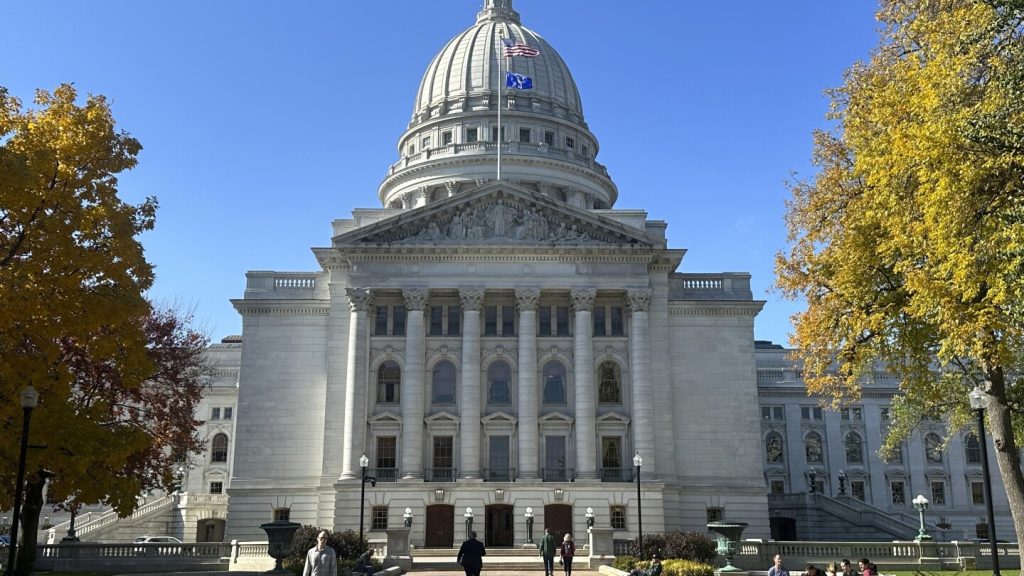Wisconsin Republicans are preparing to override up to 36 of Governor Tony Evers’ vetoes, including a bill to combat PFAS pollution, which Democrats criticize as election year tactics. This move comes amidst a battle between Evers and the Legislature over the spending of $50 million on a new literacy program. Both sides are utilizing the stalemate over PFAS funding and other issues to their advantage in the upcoming November election, as Democrats aim to gain seats in the Legislature under new legislative boundary maps. However, the Republican attempts at veto overrides are likely to fail, as they lack enough votes in the Assembly for approval.
Democratic Party spokesperson Joe Oslund dismissed the veto override attempts as unnecessary, calling for Republicans to release already approved funding and allow progress to be made. Republican Senator Howard Marklein argued that the overrides are crucial for implementing good public policy and allocating funds where needed, particularly in addressing PFAS pollution and responding to hospital closures in rural areas. Despite Evers’ efforts to release approved funding for PFAS, Republicans are pursuing the override of his veto on a bill outlining spending framework. The ongoing disagreement highlights the challenges of reaching consensus on combating PFAS pollution in Wisconsin.
Governor Evers’ decision to sue the Legislature in response to their lawsuit challenging his partial vetoes on the $50 million for a literacy program further escalates the political tensions. Evers criticized Republicans for withholding funding on critical issues such as PFAS, the literacy program, and rural health care, labelling their actions as “unconscionable.” The maneuvering between the Executive and Legislative branches reflects the broader power struggle in Wisconsin politics, with both sides aiming to gain political leverage ahead of the November elections. Evers’ counterclaim in the lawsuit adds another layer of complexity to the already contentious relationship between the Governor and the Legislature.
Despite the impending failure of the veto override attempts, Republicans intend to use the votes as ammunition against Democrats on the campaign trail. The focus on high-profile bills and issues like PFAS pollution, student literacy funding, and rural healthcare closures underscores the importance of these matters in the state’s political landscape. The maneuvering by both parties reflects the intense competition and strategic positioning leading up to the elections. As Wisconsin voters prepare to head to the polls in November, the outcome of these battles and the actions taken by the Governor and Legislature will undoubtedly play a significant role in shaping the future direction of the state. The political standoff over funding allocations and policy decisions highlights the challenges of governance in a divided political landscape.


